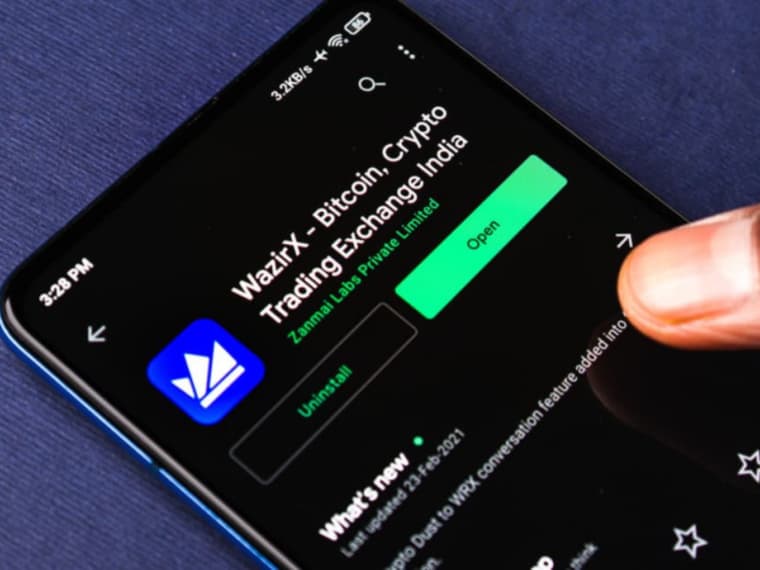
WazirX is required to disclose wallet addresses through a court affidavit, address user queries raised during court proceedings, among others
Our immediate filing for the moratorium was a decisive step: Nischal Shetty
WazirX, which suffered a $234 Mn hack, losing approximately 45% of its customers' funds, had filed an application with the Singapore High Court seeking a six-month moratorium
The Singapore courts have granted cryptocurrency exchange WazirX a four-month moratorium, the company said.
The court has approved the moratorium with specific conditions. WazirX is required to disclose wallet addresses through a court affidavit, address user queries raised during court proceedings, release detailed financial information, and ensure that future voting on court applications is overseen by independent parties. These measures aim to enhance transparency and safeguard the interests of all stakeholders throughout the resolution process.
WazirX claimed that from the onset of the proceedings, the company has actively engaged with creditors, demonstrating its commitment to addressing their concerns.
The company highlighted the court’s acknowledgment of its prompt response in filing for the moratorium, which WazirX asserts will pave the way for the fastest, creditor-approved, and legally binding resolution to restore crypto balances, ensuring a fair and timely outcome for all stakeholders.
“Our immediate filing for the moratorium was a decisive step taken to ensure the fastest, fairest, creditor-approved, legally binding path to resolution where creditors have a token choice and potential upside in a bull run,” Nischal Shetty, founder of WazirX, said.
WazirX, which suffered a $234 Mn hack, losing approximately 45% of its customers’ funds, filed an application with the Singapore High Court seeking a six-month moratorium.
After Zebpay’s temporary closure in 2018 and Koinex’s shutdown shortly after, WazirX quickly rose to prominence, becoming one of India’s largest crypto exchanges and maintaining its dominance for several years.
At one point, Binance appeared to have acquired WazirX, but the relationship between the two companies eventually deteriorated, leading to a highly publicised fallout on social media.
Despite this dispute with Binance, WazirX remained one of India’s most popular crypto exchanges until July. The surge in cryptocurrency interest in 2021, driven by Bitcoin’s exponential rise, enabled WazirX to achieve a remarkable trading volume of $38 Bn, with a 44% month-on-month growth.
The attack on WazirX began on July 18 when one of its multi-signature or multisig wallets was breached and cybercriminals stole $234 Mn (or around INR 2K Cr) in digital assets.
In a blog post on July 18 — the day of the hack — WazirX said the attack stemmed from a “discrepancy between the data displayed on Liminal’s interface and the transaction’s actual contents.”
With 45% of total user funds lost in the hack, WazirX had no option but to freeze all trading and withdrawals on the platform. In a desperate bid to recover the stolen assets, the exchange announced two white hat bounty rewards on July 21.
Under the first programme, WazirX offered up to $10,000 worth of Tether (USDT) for actionable intelligence that could lead to the freezing of the stolen funds.
Later, Liminal blamed WazirX for the $230 Mn exploit, claiming that a forensic analysis found no evidence that the cyber attack originated from its web application.
Liminal hired audit and forensics company Grant Thornton to conduct a comprehensive review of its web application including the front end, User Interface (UI), and backend of Liminal’s infrastructure.































 Ad-lite browsing experience
Ad-lite browsing experience